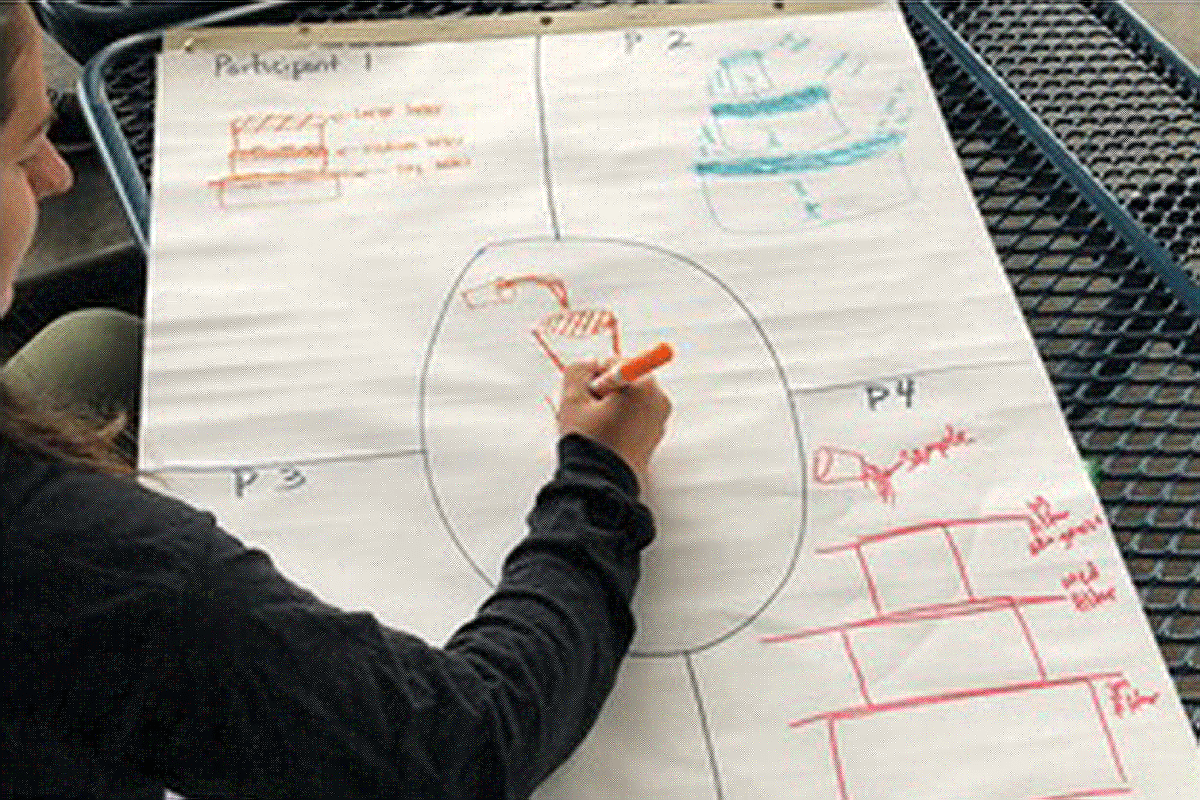Engaging our sunny, Southern California communities in a critical conversation about the importance of water and water use efficiency is not always easy. For decades, industry professionals have worked tirelessly under the radar, 24 hours a day, holidays and weekends, to provide clean, healthy, safe, and reliable water to the public. The faucet handle is turned, fresh drinking water comes out. Every. Single. Time.
What’s there to talk about?
The Municipal Water District of Orange County (MWDOC) is a wholesale water supplier that serves 3.2 million Orange County residents through 28 retail water agencies. In addition to water procurement, delivery, and resource planning, the district also offers a wide variety of educational events, resources, and programs for adults and children. These programs focus on good water stewardship, enhancing and protecting water supply sources, and providing credible, trusted information to the public so they have the evidence they need to make wise decisions for their families and communities—now and long into the future.
Southern California receives water from a variety of sources—groundwater, groundwater recharge, and recycled water only provide half of Orange County’s total water supply. The remaining supply is imported either from the Colorado River or from Northern California. While many Orange County students may never visit the Sacramento–San Joaquin Bay Delta or the Colorado River, by connecting students to their local environments and guiding them to solve societal and environmental problems in their own backyards, challenges such as Delta Conveyance, drought, water quality, and the impacts of growing populations will make more sense.
In 1973, the district began offering science-based water instruction to Orange County students. Since the program’s inception, more than 3 million Orange County students have learned about water resources under one of the most successful and well-respected water education programs in Southern California. Additionally, in the last three years, MWDOC has sponsored the Orange County Council Boy Scouts of America’s Soil & Water Conservation Merit Badge, and has developed and produced the Water Resources and Conservation Patch Program with the Girl Scouts of Orange County.
Recently, through a partnership with school program providers, MWDOC was invited by Ten Strands, Orange County Department of Education (OCDE), and the State Education Environmental Roundtable (SEER), to participate in community-based organization training. The goal of the workshop was to garner support and introduce the California Environmental Literacy Initiative (CAELI) to local agencies who play an integral role in delivering environmental education to students in grades K–12. Participating agencies were asked to share insight related to local environments and environmental problems based on their experience and perspectives.
The group also examined Environmental Principles & Concepts (EP&Cs) and their integration into California’s Science, History–Social Science, and Health Frameworks. Additionally, experienced educators offered instruction and guidance on infusing environmental literacy programming into current, standards-based instruction. This instruction was particularly helpful, as MWDOC has recently introduced two new education providers to the school programs.
MWDOC’s participation in the training, and interest in supporting and learning more about CAELI, generated another invitation for staff to join a two-part professional learning course; this time, at a four-day, hands-on California Next Generation Science Standards rollout with an emphasis on environmental literacy. Participants engaged in grade-specific learning sequences and worked together to identify local environmental phenomena that could be incorporated into classroom lessons. The training, hosted by Ten Strands and OCDE, was led by Dr. Gerald Lieberman of SEER.
At the conclusion of these trainings, MWDOC staff began to reevaluate the goals of the school and Scouts programs.
What we once believed were solid aims and objectives for engaging Orange County students in a future of good environmental stewardship now seemed flat and uninspiring. There was no connection; no answer to the questions, “Why do I have to learn this?” or “Why should this matter to me?” Providing value to our members, our partners, decision makers, and Orange County children is a standard. Reaching students early and continuing their water-based education through high school and on to adulthood is essential to achieving the overarching goal of water reliability for the region.
‘Every decision associated with protecting this resource counts, and every drop of water saved or stored is a drop we have for future generations. The dependency on the health of our natural resources requires that our citizens be aware of environmental issues, and engaged and knowledgeable enough to find solutions.’
Additionally, inspiring students to explore water industry opportunities through interactive, community-based education programs is key to the success and future of water service. The demand for skilled people will continue to grow along with the country’s population. As senior industry professionals retire at a rapid rate, it is imperative to fill those positions with a connected, enthusiastic workforce who want to serve the public in a meaningful way. With the latest drought, fires, earthquakes, and water quality issues now at the forefront, the need for sustainable water management is abundantly clear and growing.
Today, MWDOC can’t help but be excited as we work towards introducing the EP&Cs into our established school programs. Each year, nearly 70,000 Orange County students will have the opportunity to participate in hands-on activities that increase environmental awareness, and we are certain that this path towards environmental literacy and connections to local environments will help build the knowledge base, values, and skills needed for the industry, community, and political leaders of today and tomorrow.





One Response
Wonderful article. People like Tiffany, MWDOC, teachers, companies, NGOs, and neighborhood groups are all playing a larger role in fostering a sense of relevance in environmental studies. Children are incredibly perceptive. They model our behavior. When they see that issues like a clean air and a steady, reliable supply of clean water matter to us, these young students are far more willing to acquire the skills need to manage our public infrastructure in the future.